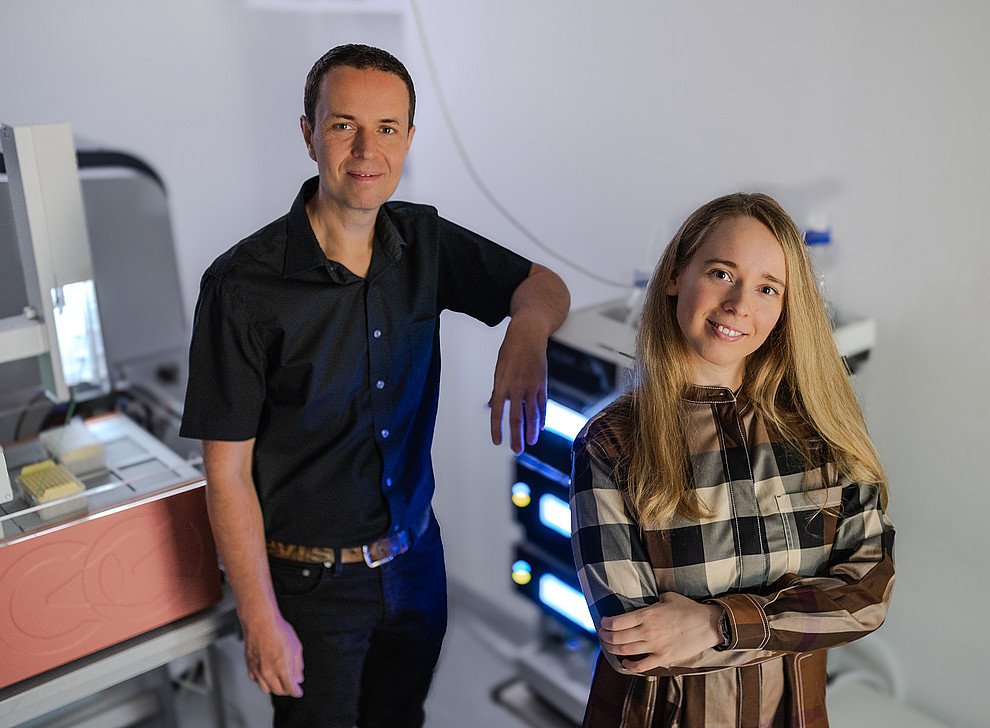
Researchers at the University of Graz, in collaboration with the University of California, San Diego, and the University of Vienna, have introduced a groundbreaking computational method for accurately determining omega positions of lipids in complex biological samples such as human tissues and blood. Published in Nature Communications, the method—LC=CL—offers unprecedented sensitivity, enabling the detection of omega positions even in very low lipid concentrations. This breakthrough is expected to significantly advance studies on metabolic processes linked to diseases like cancer, cardiovascular disorders, and inflammation.
Source: University of Graz




